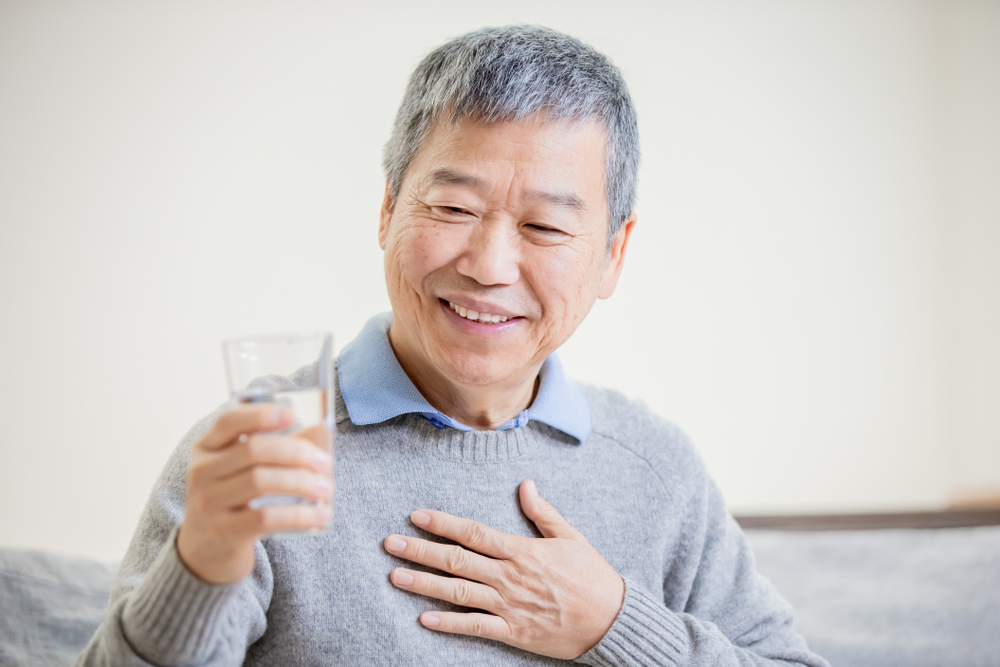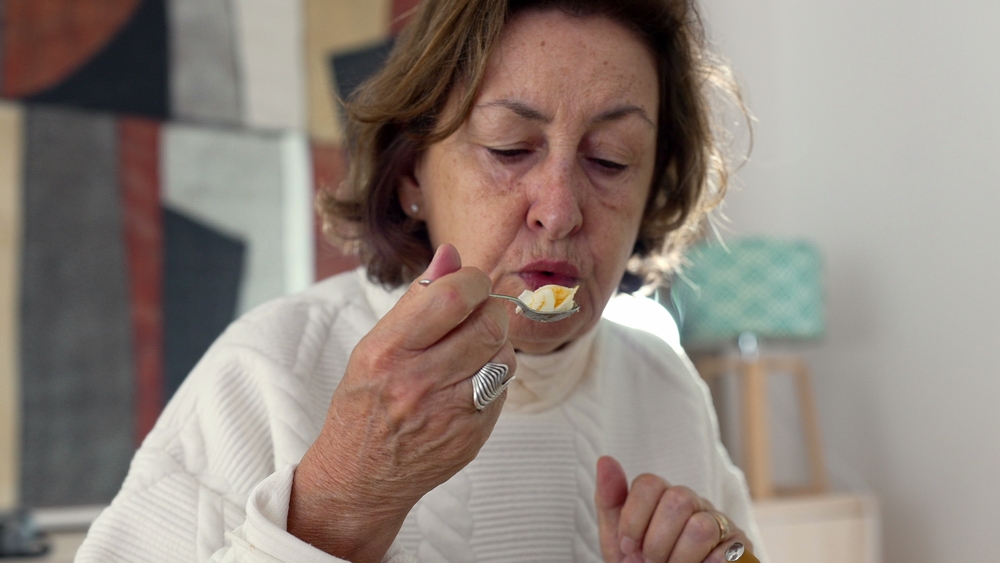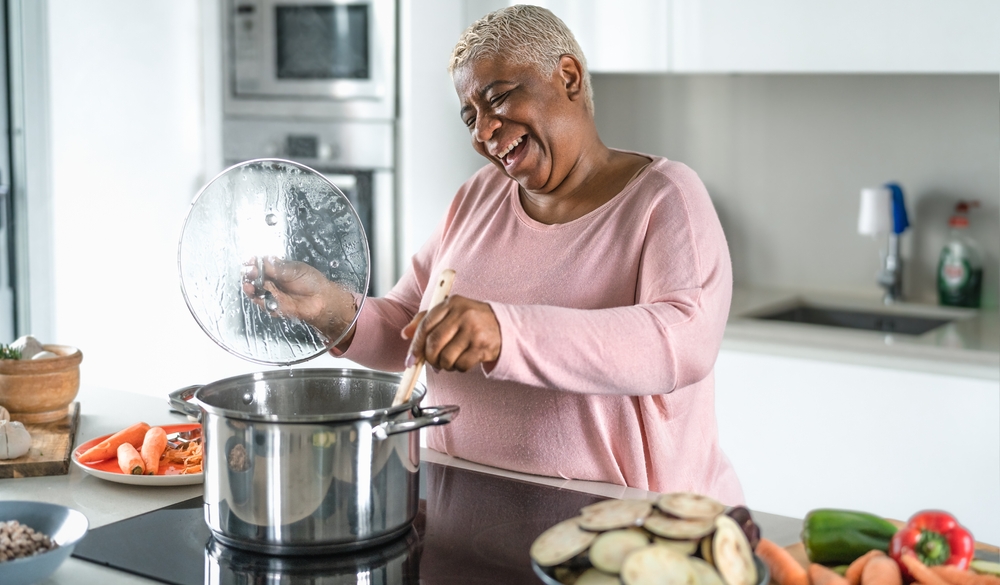Malnutrition in Elderly Adults
Category:

Malnutrition in elderly adults can be a serious condition if it is not recognized and treated. Malnutrition in the aging community is not always detected easily. Older adults naturally tend to eat less, and many lose interest in food. A diminished appetite can be dismissed as a normal part of aging.
Food preferences change and mealtime routines are sporadic for many seniors. Activity levels slow down as we age, so fewer calories are required. Despite these changes, a balanced and adequate diet is essential for maintaining mental and physical health.
Signs and Symptoms of Malnutrition in Elderly People
Malnutrition occurs when an individual is not consuming the proper balance of nutrients. A person can be suffering from undernutrition (not getting enough nutrients) or overnutrition (getting more nutrients than you need). Both conditions are symptomatic of malnutrition.
In either case, a change of diet is needed to correct the imbalance. Medical intervention might be necessary to manage the effects of malnutrition in elderly patients.
Symptoms of Malnutrition
-
Unintended weight loss
-
Fatigue
-
Irritability
-
Loss of muscle mass
-
Lack of interest in food
-
Difficulty concentrating
-
Always feeling cold
-
Depression
-
Dry, cracked, or bruised skin
Download a Free Guide to Home Care
Hospitalization due to illness, ill-fitting dentures, mouth sores, dental problems, dementia, loss of appetite, social isolation, infection, head injury, cancer, chemotherapy, and inadequate income are all risk factors for malnutrition in the elderly population.
Complications of Malnutrition in Elderly People
-
A weakened immune system, which can lead to illness and a higher susceptibility to infection.
-
Muscles become weak. Mobility and poor range of motion issues can occur.
-
Bone mass decreases, causing falls and broken bones.
-
Dementia and confusion increase in advanced stages of malnutrition
-
If left untreated, malnutrition can lead to an increased risk of death.
How to Treat Malnutrition in Elderly People
Malnutrition is underestimated in elderly adults. If you or an elderly friend or relative displays any of the signs and symptoms mentioned above, a visit to the doctor, and a screening for malnutrition should be the next step.
If malnutrition is diagnosed, it is imperative to begin treatment right away.
Eating small meals and snacks throughout the day that provide proper nutrients, ample protein, and plenty of fresh fruits and vegetables is a good way to begin treating malnutrition.
Sometimes supplemental vitamins and oral nutritional supplements (such as canned shakes and protein-enhanced powders) are prescribed.
Taking a “food first” approach is the initial recommended plan. Drink a shake or supplemental beverage between meals, rather than using it for a meal replacement.
Have your physician review medications. Sometimes medications can cause a lack of appetite or nausea and upset stomach. A simple medication change may be the answer to your decreased appetite.
Take a walk before meals. The exercise will often stimulate the appetite.
If you are preparing food for someone trying to combat malnutrition, make sure the food is served in small, manageable portions and that it has eye appeal.
If you live alone and do not like to cook for yourself, you can contact Meals on Wheels to receive a balanced hot meal each day. The social interaction with the delivery person can also be beneficial.
Griswold Homecare Services is a great resource if you or your loved needs assistance with meal preparation, cooking, and grocery shopping. Click here for more information about senior eating issues and some of the services we provide.
The most important thing to remember is to pay attention to the signs and symptoms of malnutrition. If you have lost a considerable amount of weight, or if you have gained weight suddenly, make an appointment with your doctor, and ask for a screening. Early intervention and treatment will help you regain your health and feel like yourself again.
Subscribe
Date: 2020-10-22
Category:


